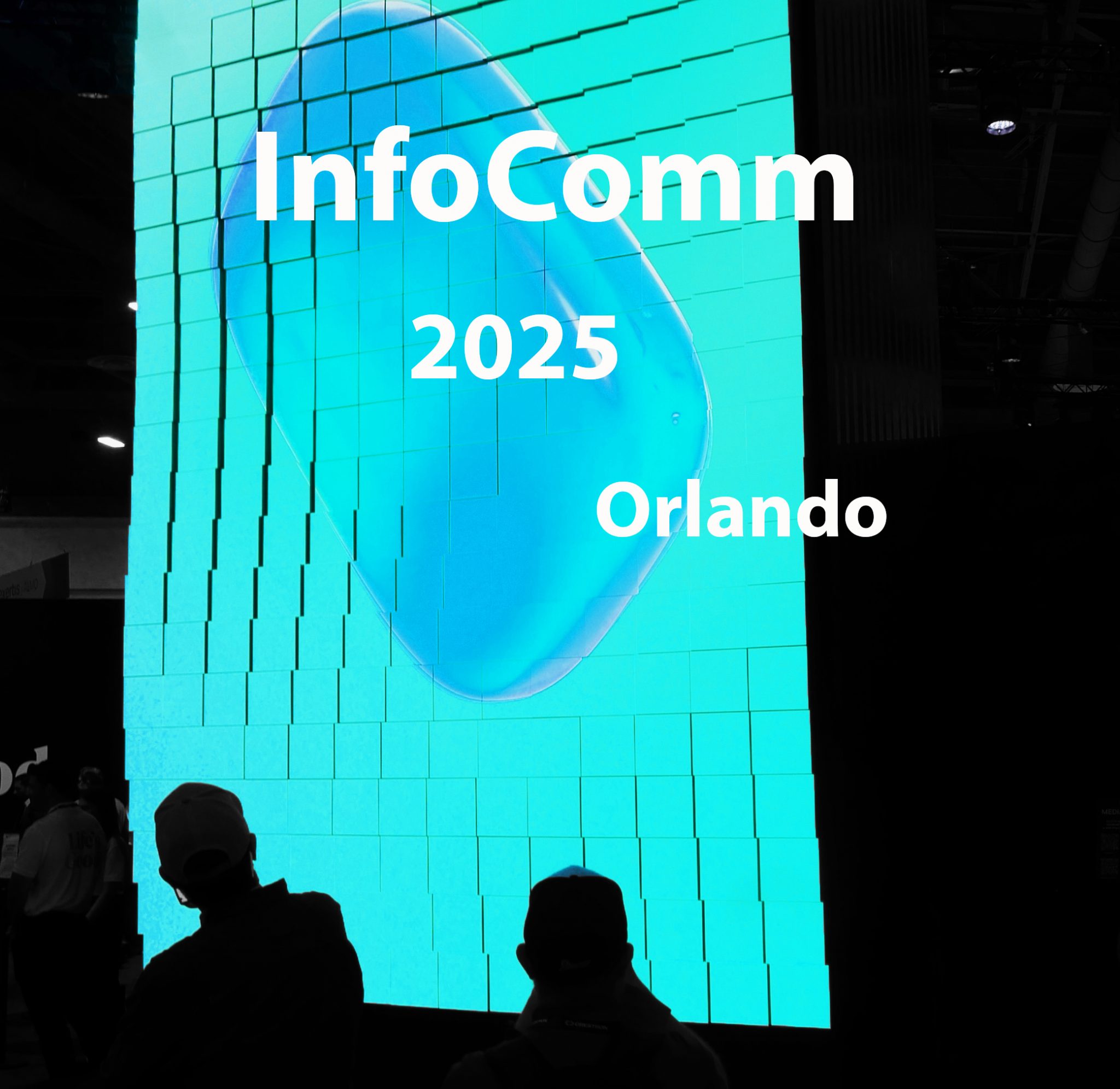
(David Keene, 1-31-19) As 2018 rolled up, it was easy to get lost in the technology weeds, as we thought about new approaches to pedagogy, and the future of the educational campus. And perhaps more than anything it was easy to get distracted by parochial interests pushing specific technologies. That’s why it’s a good idea to look here at one of the most ambitious and innovative research projects from 2018 that deserves more attention: The HP/EDUCAUSE Campus of the Future project that explored the efforts of eleven colleges and universities to investigate the ways that augmented reality (AR), virtual reality (VR), and 3D scanning and printing technologies can benefit teaching, learning, and research. Eleven US institutions of higher education participated in the 2017–18 Campus of the Future project: Case Western Reserve University, Dartmouth College, Florida International University, College of Communication, Architecture + The Arts (CARTA), Gallaudet University, Hamilton College, Harvard University, Graduate School of Education, Lehigh University, The Wilbur Powerhouse, MIT, Scheller Teacher Education Program, Syracuse University, Newhouse School of Communications, University of San Diego, and Yale University. The author of the report was Jeffrey Pomerantz, Associate Professor of Practice, School of Library and Information Science, Simmons College.
As Educause said: “This is the one of the broadest, most diverse studies to date of the integration of 3D technologies into higher education, in terms of sample size, learning environments, academic disciplines, and number of users. In this study, researchers explored the ability of extended reality technologies to enhance the educational experience, including participation in collaborative simulations of real world challenges; exploration of historical sites; audio simulations to improve the ease of hearing aid adjustments; and using AR overlays to increase understanding and capacity in participatory activities.”
In collaboration with HP, select institutions were given AR, VR, and 3D printing and scanning technologies, which were utilized in myriad ways to create immersive and innovative learning experiences for students during the 2017-18 academic year. Through this research, EDUCAUSE researchers determined that 3D technologies are best used for experiential learning approaches that augment real-world examples, increasing access to subject matter, concepts, or locations that would otherwise be cost or logistically-prohibitive.
Access the report by clicking here.
Market Trends – Gensler Spotlight
Get Our Newsletter
Sign up at the right to get industry analysis, curated data, and information (you can actually use) from the digiDaybook Newsletter.



